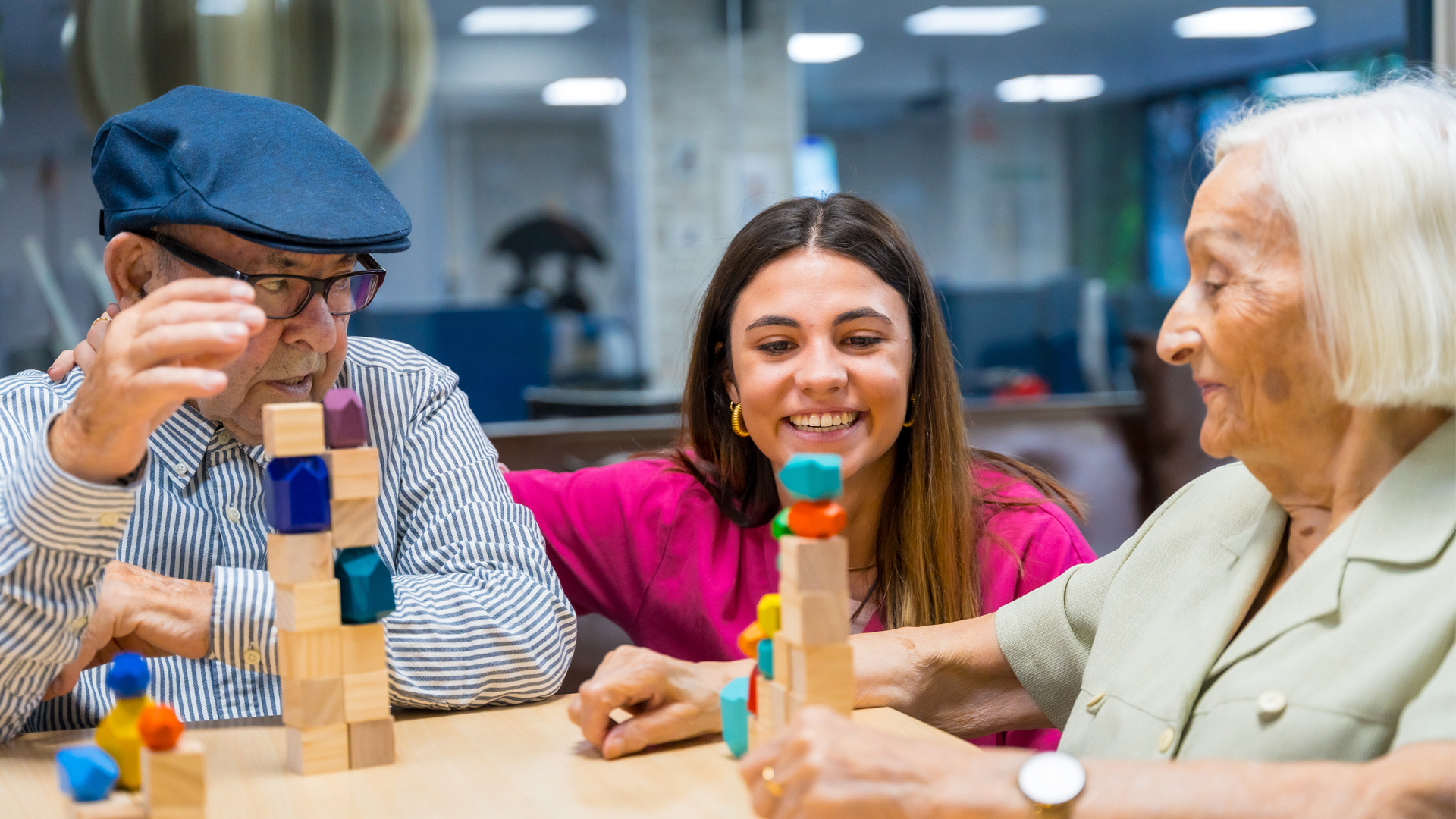As your loved one gets older, they may start showing signs of mild forgetfulness, such as trouble concentrating or taking longer than usual to recall simple information. Cue-dependent forgetting is one of several memory issues your loved one may face with age. How can you tell the difference between typical age-related forgetfulness and a serious memory problem?
What Is Cue-Dependent Forgetting?
Often, we unconsciously link specific stimuli or environmental factors with the things we learned or did. If these variables are not present, it may be impossible to retrieve the associated memory.
Cue-dependent forgetting, also called retrieval failure, refers to the inability to remember details in the absence of their associated cues. There are two types of cues.
- State-dependent: These link to the mood and state of mind you were in when you originally processed a memory. You are more likely to quickly recall the memory if you are in the same emotional condition.
- Context-dependent: These rely on the environment and surroundings. For example, students who take an exam in an unfamiliar classroom may not perform as well as they would if they took the test in the same room where they originally learned the information.
Normal Forgetfulness vs. Cognitive Decline
Many older adults increasingly struggle to freely recall information they recently learned, suggesting a deterioration in episodic memory. Failure to retrieve these details may result in confusing memory gaps; frequently, older adults confabulate, or make up false memories, to compensate for this problem.
With age, cognitive decline makes it more difficult to do daily tasks like cooking, driving, or following simple directions. Signs it might be time for you and your loved one to talk to a doctor include:
- Repeatedly asking the same questions
- Getting lost in familiar locations
- Confusion about time, people, and places
- A lack of personal hygiene
- Trouble concentrating and making good decisions
- Forgetting dates and appointments
- Having more trouble expressing themselves and finding the correct word than peers of the same age
Dementia and Forgetting
Dementia includes a decline in cognitive functioning and behavioral abilities that is significant enough to interfere with your loved one’s quality of life. While you may associate memory loss and forgetfulness with dementia, they are not the only characteristics. People with dementia may also have problems with language skills, visual perception, or paying attention. Some people experience personality changes.
While there are different forms of dementia, Alzheimer’s disease is the most common form in people over age 65. There’s no known cure for dementia and Alzheimer’s, but it’s possible to slow symptom progression by following familiar routines, staying active, and having companionship.
Tailored to Your Family’s Needs
At Legacy Homecare LA, our caregivers go through extensive training that enables them to provide the specialized services your family needs. We believe in hiring the most compassionate people who feel personally fulfilled by respecting older adults’ dignity, allowing them to live more independently while remaining in comfortable surroundings.
We know it can be overwhelming when your loved one starts showing signs of memory loss and cognitive decline. That’s why we are here to help your family and take the challenges of daily care off your shoulders. Our Care Companions offer comprehensive, customized support for each client that evolves seamlessly as their condition changes. Contact Legacy Homecare LA for more information.






